latest
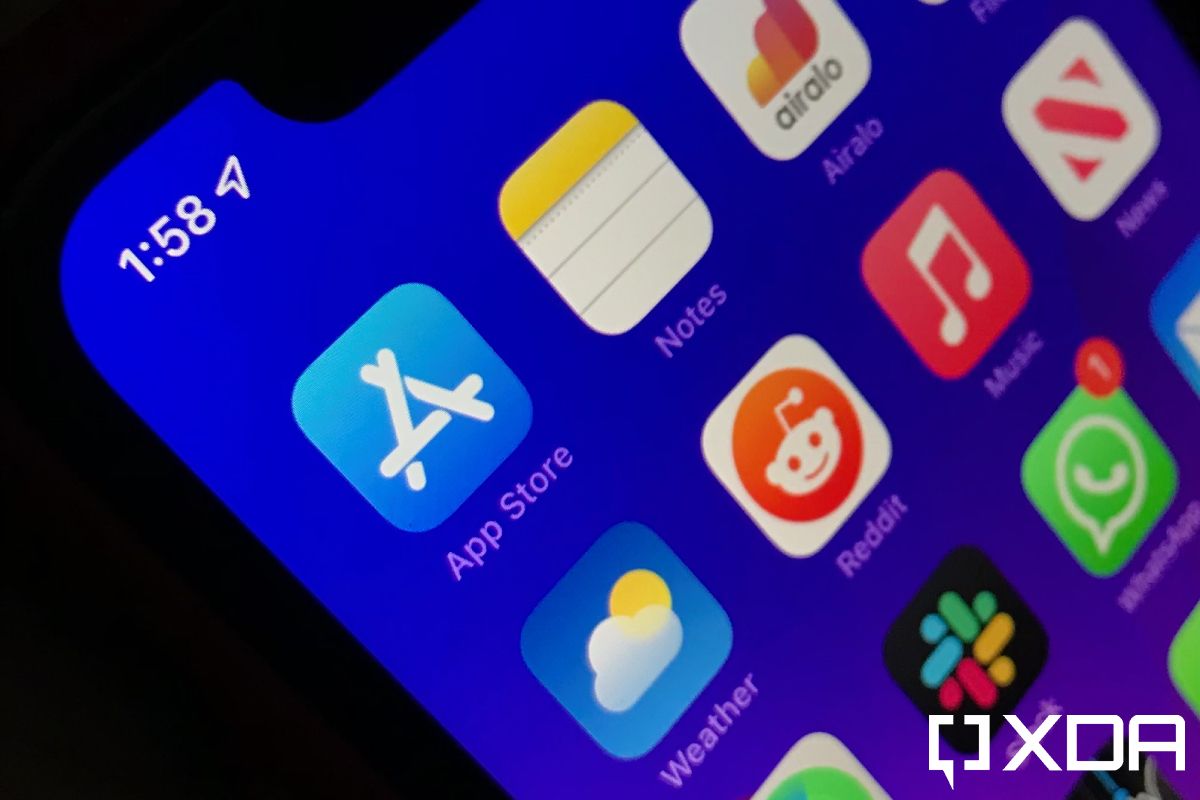
The conversation around app store monopolies has ramped up over the past few years, especially throughout Epic Games' lawsuit against Apple and Google over monetization and policies. Slowly but surely, legislators are working on their own solutions, and now one proposed law in the United States has reached a significant milestone: passing the Senate Judiciary Committee.
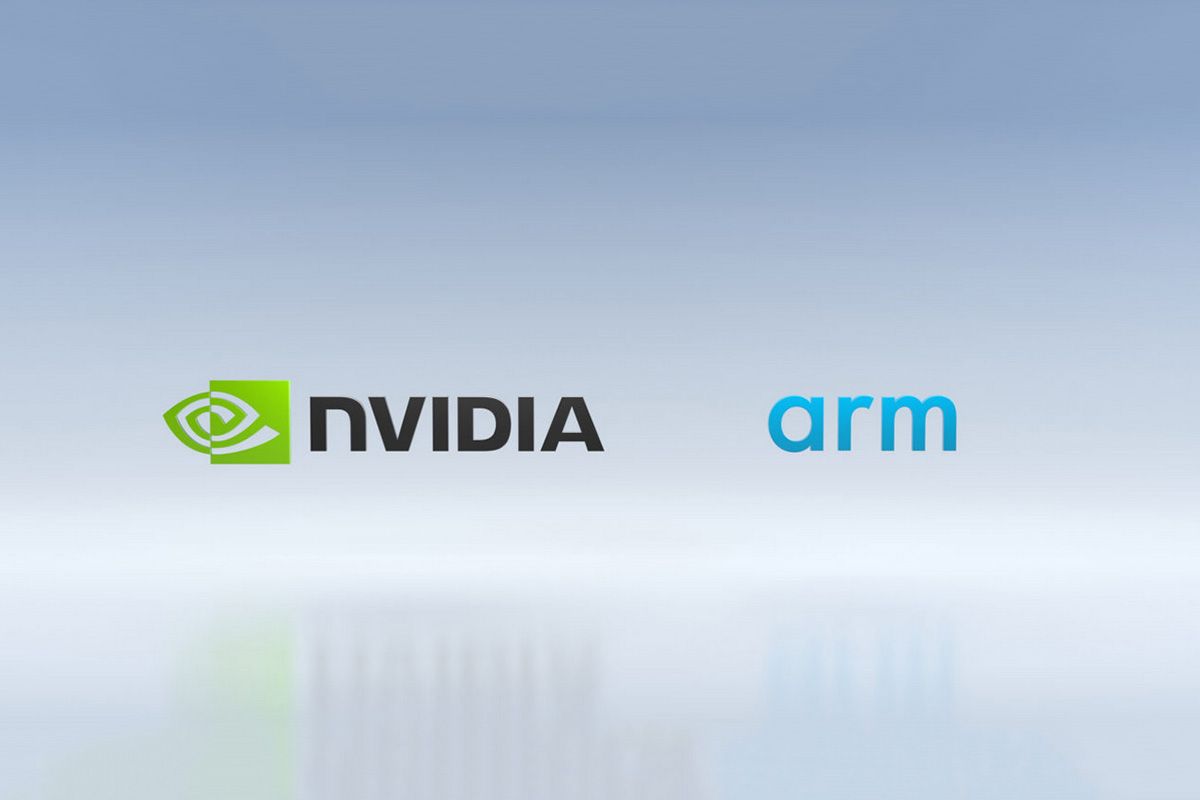
NVIDIA might abandon ARM acquisition due to regulatory hurdles
NVIDIA is reportedly considering abandoning its ARM acquisition due to regulatory hurdles. Read on to learn more.
While NVIDIA announced plans to acquire UK-based chip designer ARM all the way back in September 2020, the company hasn't managed to close the deal due to regulatory hurdles. Shortly after the announcement, several major companies, including Qualcomm, Microsoft, and Google, raised concerns about NVIDIA's acquisition of ARM, claiming that the deal would harm competition in the industry by giving NVIDIA complete control of ARM's chip designs. As a result, regulators from the EU, US, UK, and China have opened antitrust investigations into the acquisition.
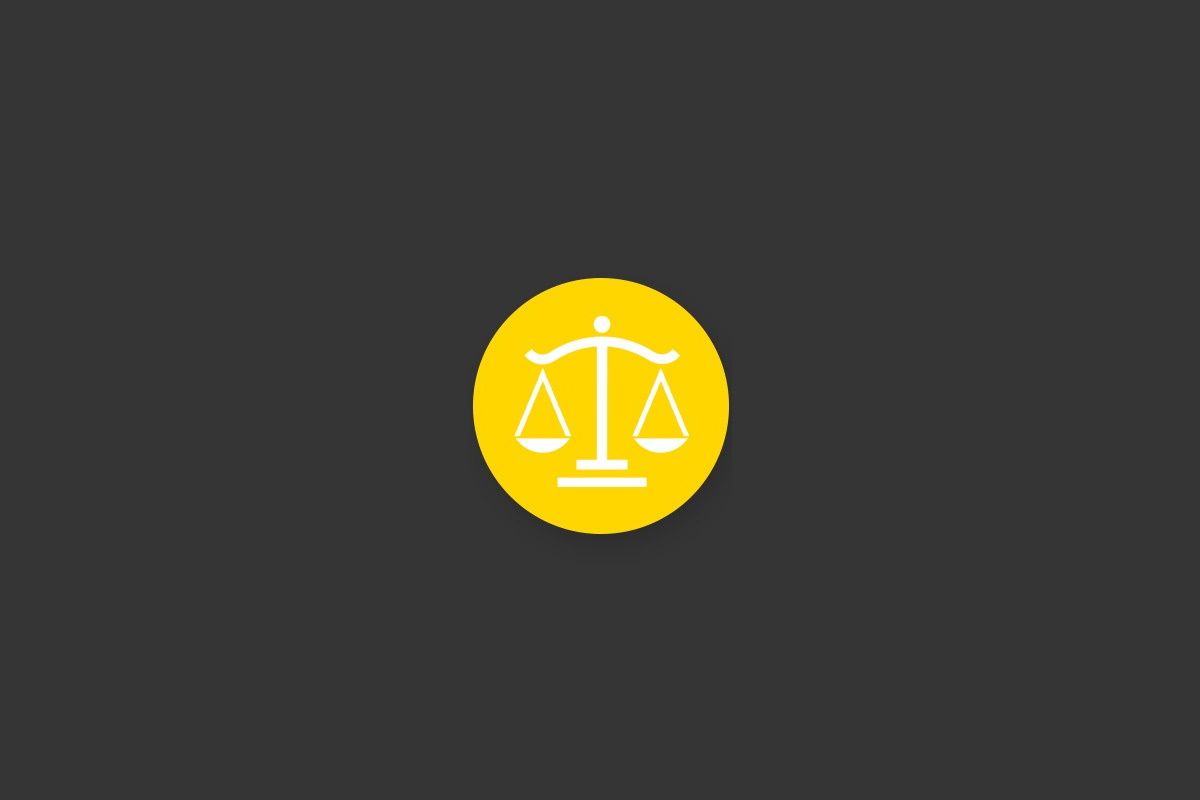
US Senate Committee passes antitrust bill that would regulate Big Tech's self-preferencing
The US Senate Judiciary Committee has passed the American Innovation and Choice Online Act, marking a big step in reigning in Big Tech.
After prolonged discussion and debate, the United States Senate Committee on the Judiciary on Thursday passed the "American Innovation and Choice Online Act" (S.2992) antitrust bill. This bill aims to regulate Big Tech and other large companies from leveraging their dominant positions in one sector to self-preference their other products and services from other sectors.
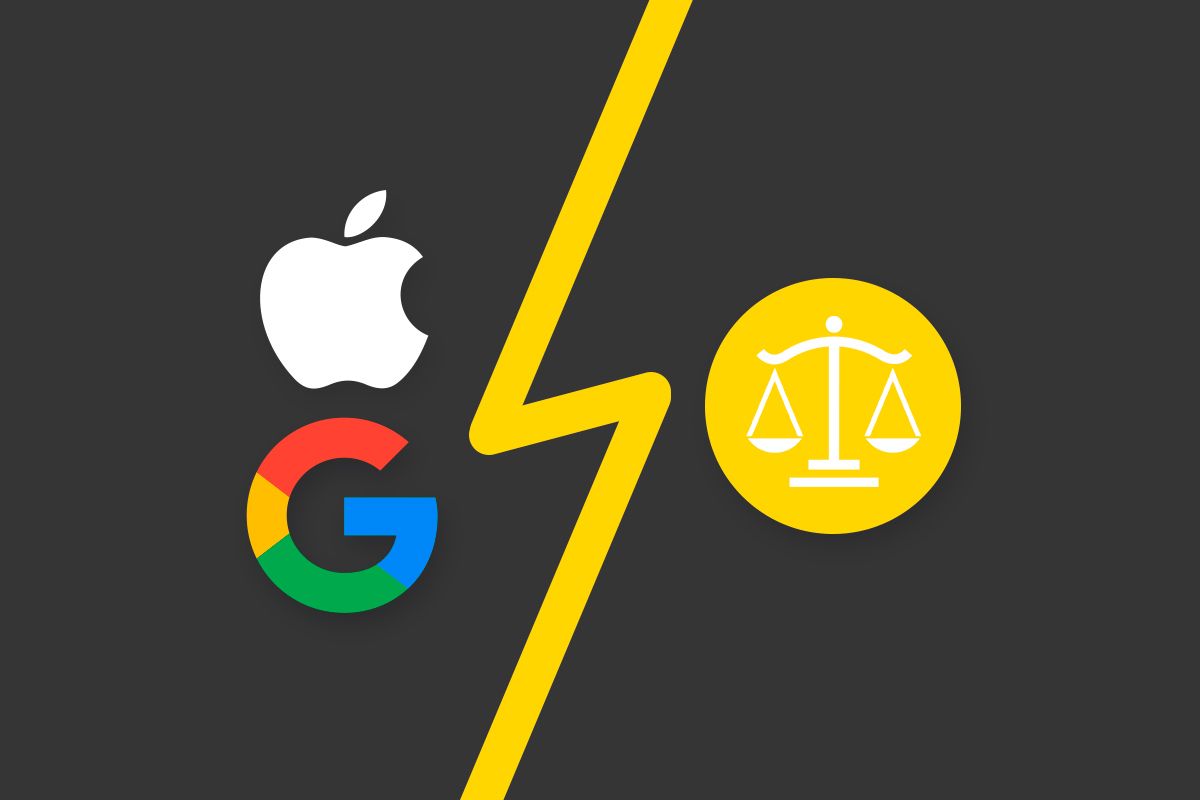
As antitrust legislation inches forward in the US, Apple and Google aren't happy
Apple and Google have expressed concerns regarding tomorrow's Senate Judiciary Committee debate related to two antitrust bills.
We're staring at a rather defining moment in smartphone history. The smartphone landscape, as it stands right now, is split between Apple and Google. Both adopt different approaches in how they handle their ecosystems, and through these starkly different approaches, both have undeniably grown to their biggest sizes in their own history. The past year has seen several antitrust investigations being initiated in several key markets, and lawsuits also have followed against these Big Tech companies. All of these policy and judicial movements are slowly inching their way towards a result, and both Apple and Google aren't happy about it.
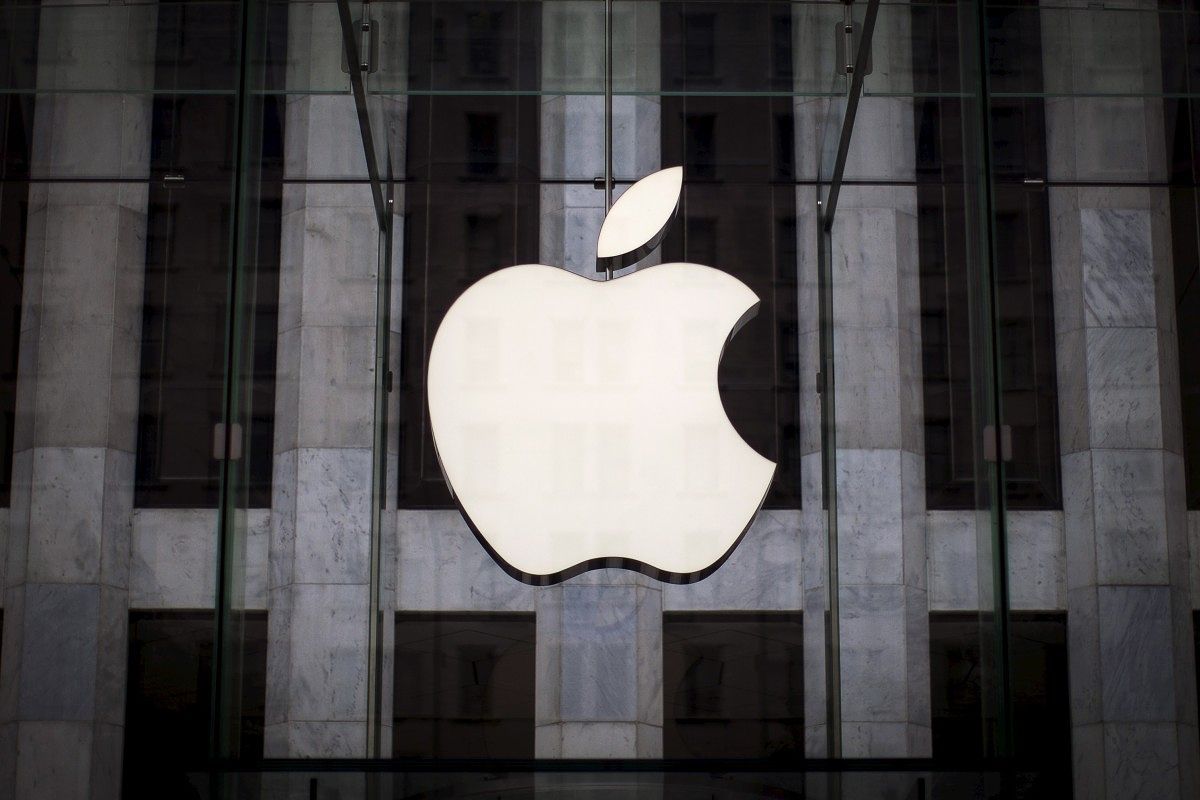
Apple wants antitrust case in India to be dismissed, says it's not a dominant player
Apple has denied the allegations of hurting app developers saying that it’s way too small of a player in the Indian market.
Apple’s tightly controlled App Store and its proprietary in-app purchase system have come under fire in recent times, with the company facing antitrust probes in multiple countries, including the US, Europe, and South Korea. The Cupertino-based giant is facing a similar antitrust case in India over allegedly abusing its dominant position in the apps market and hurting small developers. In its official response, Apple has now asked the Indian antitrust watchdog to close the case, stating that it’s not a dominant player in India.

Apple pushes back on letting developers inform users of alternative payment options for IAPs in Russia
The FAS in Russia has asked Apple to allow developers to link to external payment options. The company is challenging it through court.
Apple is no stranger to antitrust lawsuits at this point. The company has been sued by several entities for its monopolistic practices in the past few years. Most notably, the Cupertino-based corporation is criticized for its high App Store commission fees. That's in addition to the fact that developers aren't allowed to mention or link to any other external payment methods. Back in August, Russia's Federal Antimonopoly Service (FAS) gave Apple until September 30 to allow developers to link to third-party billing services. The FAS warned the company that it would be fined based on its revenue in Russia if it doesn't comply by the deadline. Apple is now attempting to challenge this request by taking legal action against the FAS.

Amazon and Apple have been fined $225 million in the latest antitrust case
Italy's antitrust authority has fined Amazon and Apple $225 million for kicking out select Apple product resellers from the platform.
Apple has been dealing with antitrust lawsuits for a while now, and the latest is from Italy's antitrust authority. The watchdog has fined Amazon and Apple $225 million for kicking out select Apple product resellers from Amazon's platform. The agreement between the two tech giants goes back to 2018. It has forced certain retailers to stop using amazon.it to sell Apple and Beats devices. The watchdog stated that this is a violation of the European Union rules that's affecting the pricing competition.
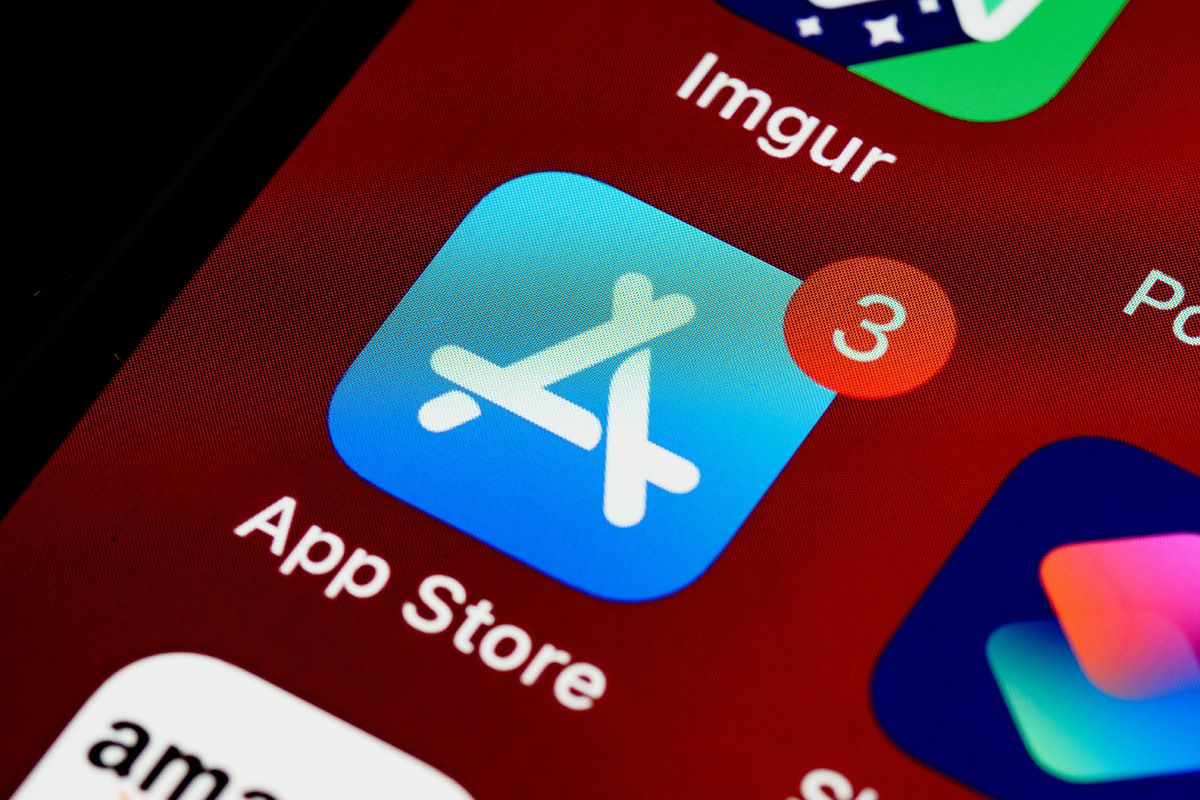
Apple faces antitrust charges over NFC chip and App Store payment rules
Apple is facing antitrust charges over NFC restricitons and its App Store payment system, which bans developers from using their own methods.
In recent times, Apple has changed some of its policies and slowly opened up its walled garden. This change came after the company was hit with several antitrust lawsuits. iOS 14, for example, added support for assigning certain third-party default apps, such as email. iOS 15, unexpectedly, allows Android and Windows users to use FaceTime. However, Apple still has some anti-competitive policies, and the latest antitrust lawsuits target two such policies -- NFC restrictions and App Store payment rules.

Apple will now ask iOS 15 users if they want to enable personalized ads in first party apps
Apple has added a new prompt in iOS 15 that will ask users if they want to enable personalized ads in first-party apps or not.
Apple has just added a prompt that asks iOS 15 users if they want to enable personalized ads in first-party apps. The company, which often boasts of its privacy-first approach and transparency, has kept that option on by default for users on older versions of iOS in a not-so-transparent manner.
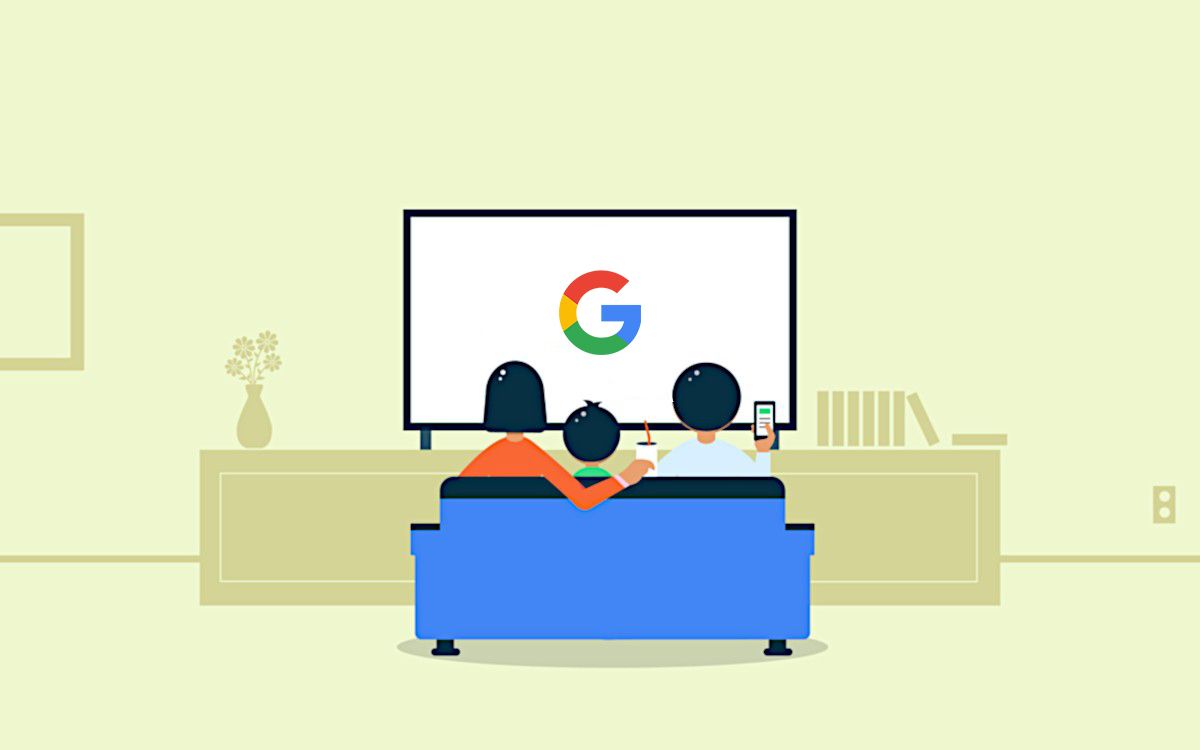
India opens antitrust investigation into Google over its smart TV dominance
The Competition Commission of India has ordered an investigation into Google on allegations that it has abused its dominant position in the smart TV segment.
After reviewing a case filed by two lawyers against Google's anti-competitive practices in the smart TV segment, the Competition Commission of India (CCI) has now ordered an investigation into the matter. While Google has denied any wrongdoing, the antitrust watchdog is "convinced that a case is made out for directing an investigation," based on its initial review.

Apple can't stop users from removing preinstalled apps under proposed antitrust bill
A proposed antitrust bill, if passed, would essentially prohibit Apple from restricting iPhone users from uninstalling pre-installed apps.
Last week, US lawmakers introduced five bipartisan antitrust bills targeted at Big Tech, namely Apple, Amazon, Google, and Facebook. These proposed antitrust bills aim to impose new constraints on how the Silicon Valley giants operate, end their anti-competitive business practices and restrict acquisitions and mergers. Among the proposed bills is the American Innovation and Choice Online Act, which, if passed, would essentially prohibit Apple from restricting iPhone users from uninstalling pre-installed apps.
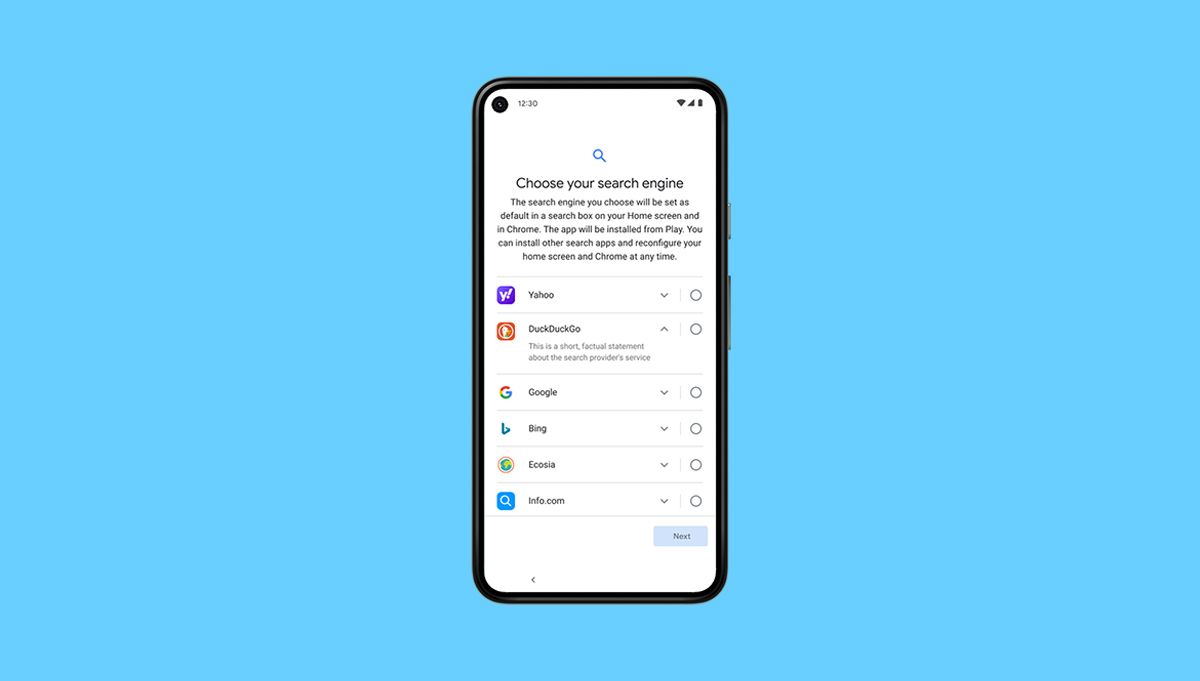
Google is expanding Android's search engine choice screen in Europe
Google will bring new changes to its search engine choice screen in the EEA and the UK, increasing the number to 12 search engines.
Google is bringing new updates to its Search engine selection screen that was introduced in Europe in 2019, as per directions by the European Union. Later this year, users in the European Economic Area (EEA) and the UK will see up to 12 options for their preferred search engine for the pre-installed Google app and the Chrome browser. These changes are in the direction of complying with the EU and will allow Google to avoid any future antitrust charges on the account of search-related monopoly in the EEA and the UK.
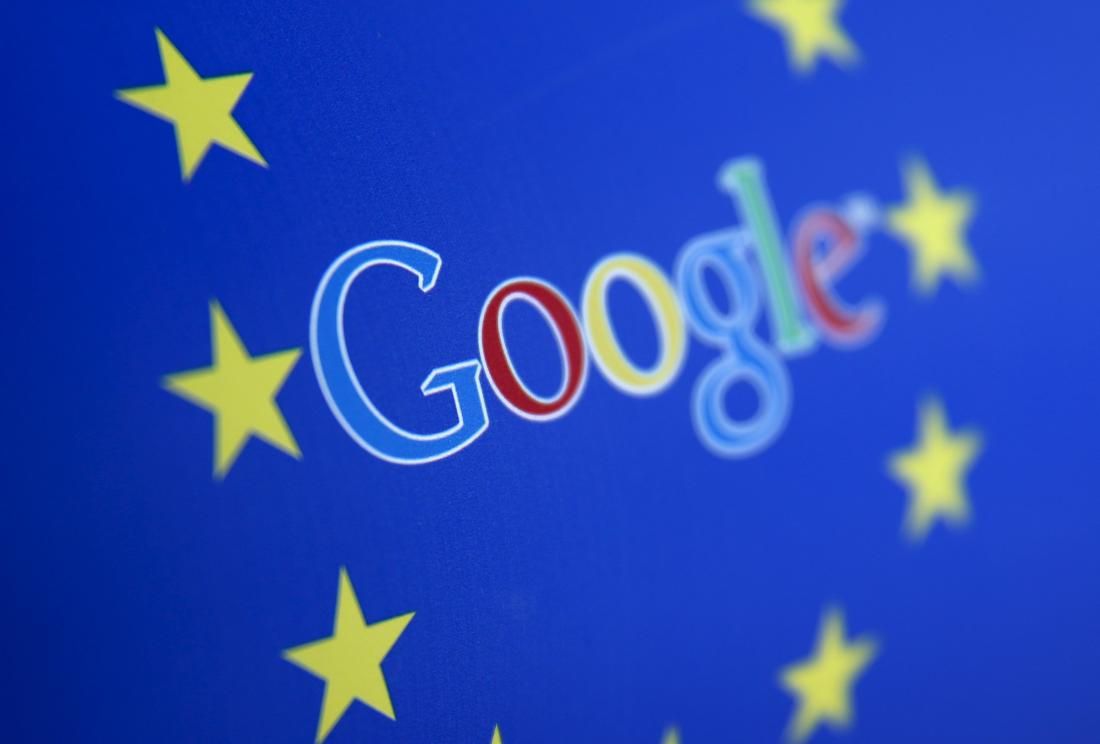
France fines Google $267 million for favoring its own ads over others
Google has agreed to pay French authorities a fine of $267 million to settle a landmark antitrust case. Read on to know more.
Google has agreed to pay French authorities a fine of $267 million to settle a landmark antitrust case. The French watchdog, Autorité de la concurrence, said in a press release that Google isn’t disputing the facts and has proposed several commitments to change the way its advertising services operate, which the authority has accepted.

Qualcomm, Microsoft and Google raise concerns about NVIDIA's acquisition of ARM
Several major technology companies, including Qualcomm, Microsoft, and Google, have raised concerns about NVIDIA's acquisition of ARM.
Following the launch of the RTX 30 series GPUs last year, NVIDIA announced that it had signed a definitive agreement to acquire UK-based chip designer ARM. With the acquisition, NVIDIA plans to create "the leading computing company for the age of AI," but the deal doesn't seem to be going down well with companies like Qualcomm, Microsoft, and Google.
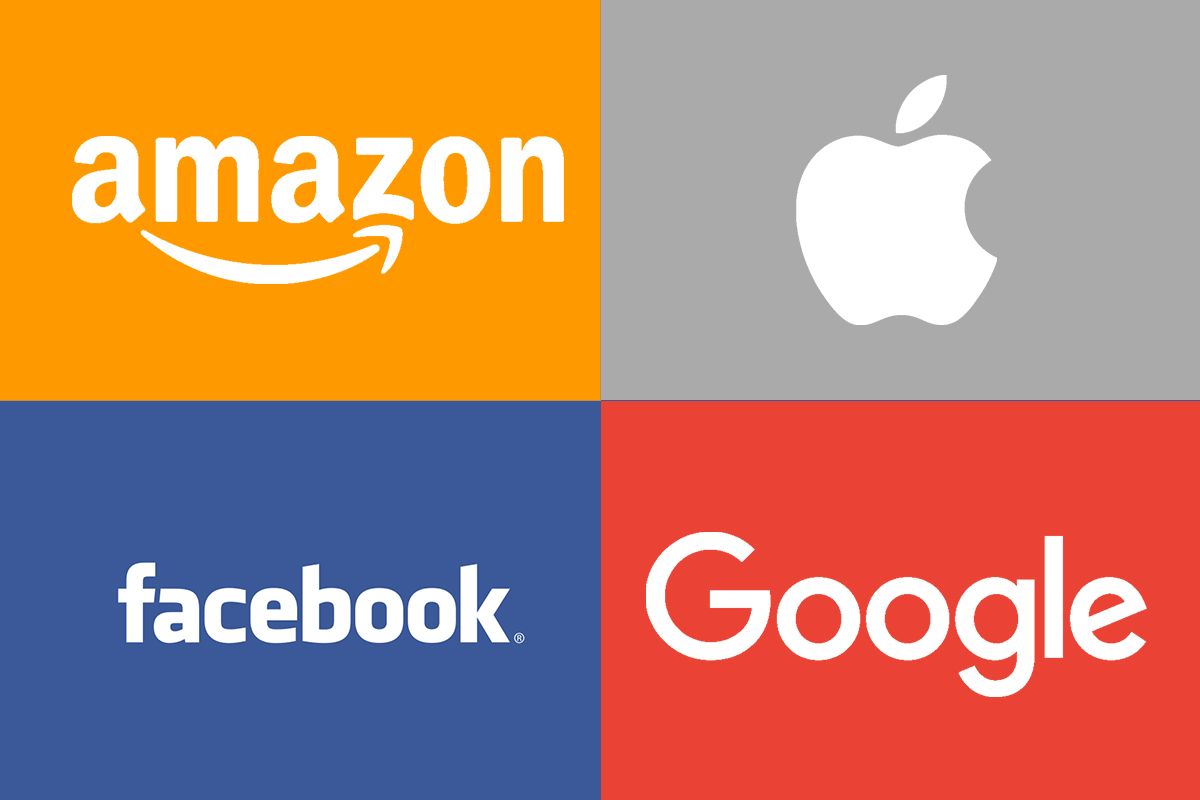
US Antitrust Subcommittee concludes that Amazon, Apple, Facebook, and Google abuse their monopolies and dominance
The Subcommittee on Antitrust in the USA has reported that Amazon, Apple, Facebook and Google have misused their dominant positions. Read on!
Our lives are massively influenced by a handful of technology companies, and their monopoly is no secret. The likes of these tech companies also have a market acronym to them: FAANG (Facebook, Amazon, Apple, Netflix, Google) and GAFAM (Google, Apple, Facebook, Amazon, Microsoft), referring to them in the context of consistent stock performance. But how influential exactly are these companies that we all know are influential to everyday life? A lot, according to a report from the United States Subcommittee on Antitrust, Commerical and Administrative Law.
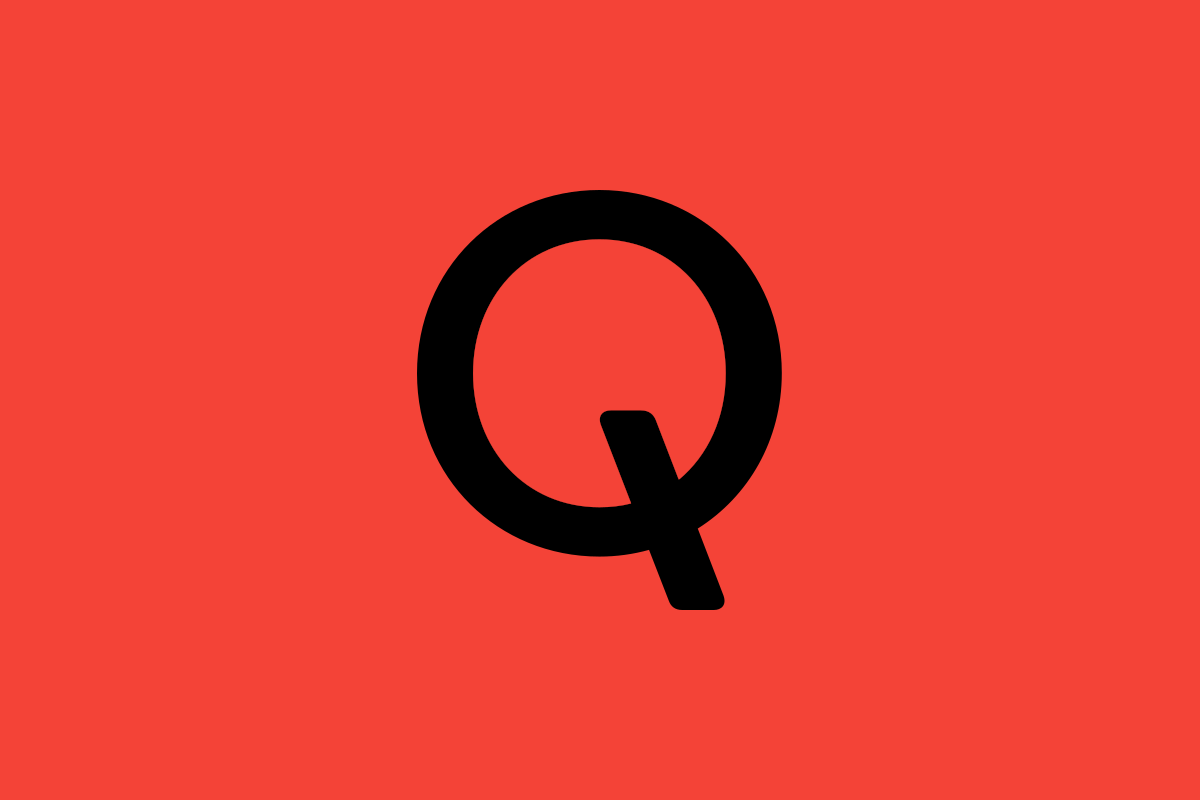
The EU has opened an antitrust investigation into Qualcomm for its radio-frequency chips
Qualcomm is under investigation by the European Commission for allegedly abusing their influence to promote its own radio-frequency chip business.
Qualcomm is a major company in the Android smartphone market. Not only does the company design the SoCs that make their way in flagship, mid-range, and budget smartphones, but it also designs and sells modem chips, which make it possible for smartphones to connect to wireless cellular data networks. It's been noted before that Qualcomm earns the majority of its revenue not from selling smartphone system-on-chips (SoCs), but from patent licensing. Qualcomm is heavily involved in the cellular world; to a large extent, it was responsible for developing the CDMA2000 standard (it has much lesser clout in 3G WCDMA), and it also has patents in 4G LTE. It wants to be just as heavily involved as the industry moves to 5G. The trouble here is that Qualcomm's practices are consistently anti-competitive, which is why the company has been battling with China, Taiwan, South Korea, the European Commission, and has lost a case to the US FTC, before winning an appeal. Separately, it fought a years-long case with Apple before reaching a settlement. Now, the EU has opened another investigation into Qualcomm, this time for its front-end radio-frequency (RFFE) chips.





